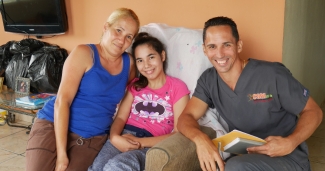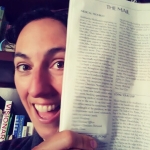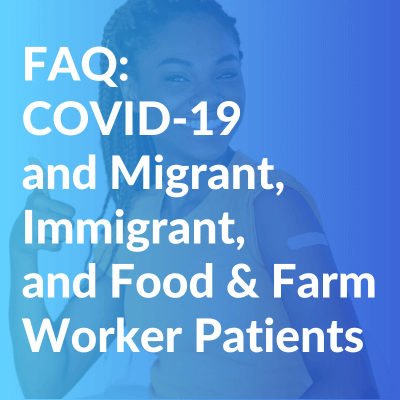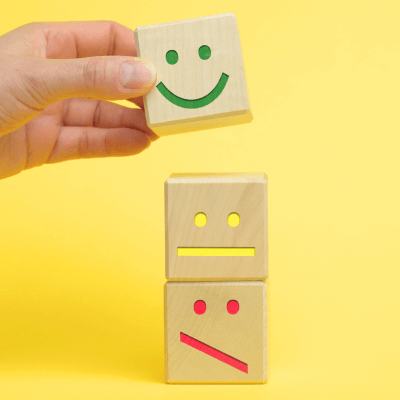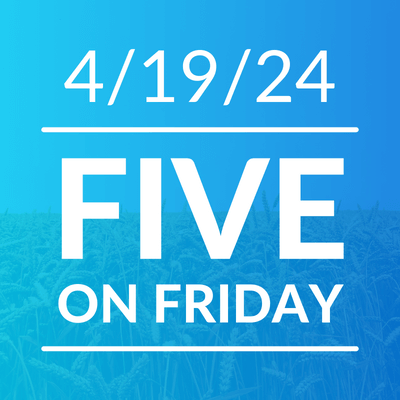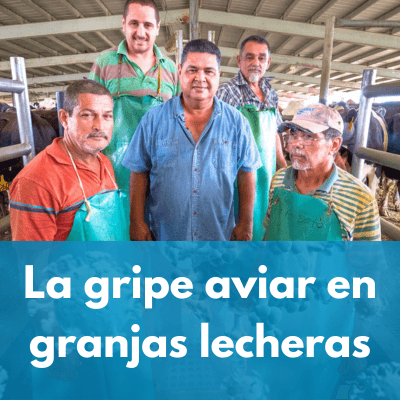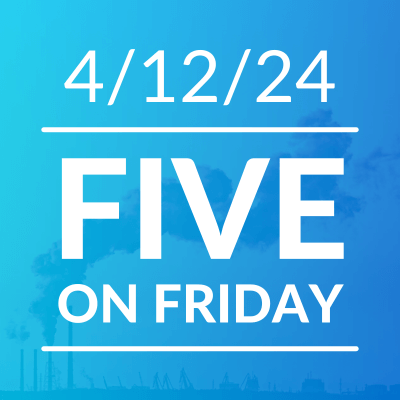Emergency Preparedness in Puerto Rico: New MCN Project
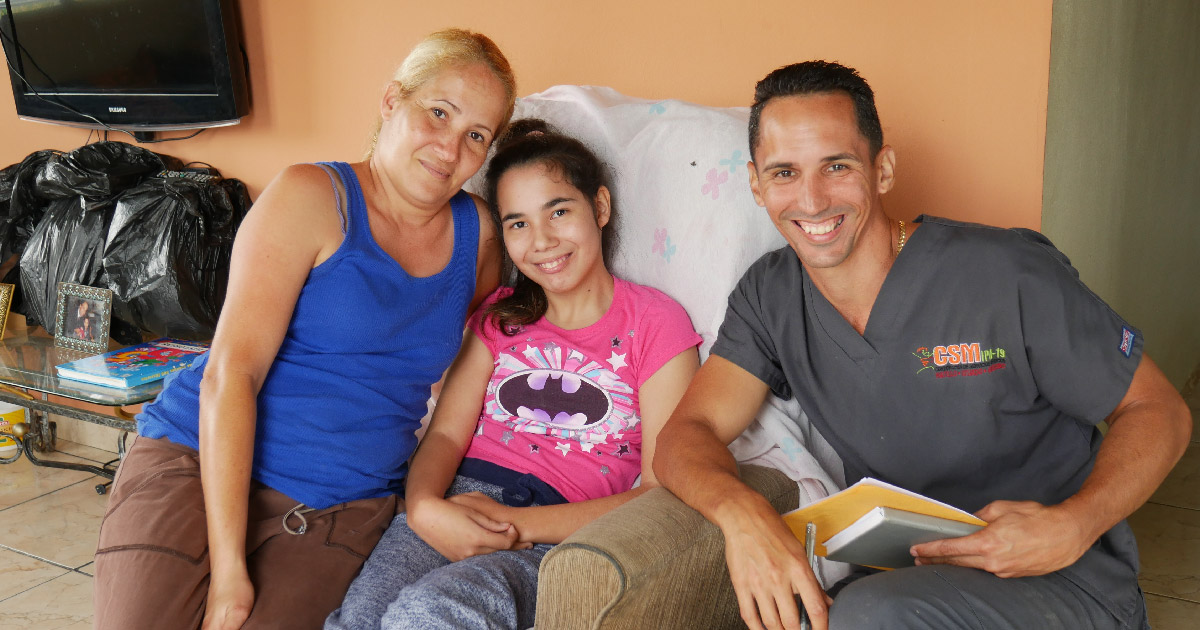
Photo by CSM
One year ago, Hurricane Maria slammed into Puerto Rico. Thousands of people were cut off from basic services and necessities -- but Puerto Rico’s rural community health centers quickly stepped up to fill the void, acting as critical points of command in organizing and distributing aid, food, and clean water; overcoming communication and transportation infrastructure breakdown to communicate with neighboring communities; and serving the health needs of their communities despite interruptions in medicine and electricity.
“These communities were isolated after the hurricane -- but there were strong people there, who showed resilience, and who were the key to developing the capabilities to work through [the aftermath],” recalled Marysel Pagán-Santana, MS, DrPHc, MCN’s new Program Manager. “Through it, they were protecting the health of the community -- and that’s something anyone can be proud of.”
Pagán-Santana will be the on-the-ground manager for MCN’s “Mobilizing Communities in Puerto Rico to Meet the Needs of Vulnerable Populations Before, During, and After a Natural Disaster,” a multi-year effort that seeks to apply a community mobilization framework to emergency preparedness and to reinforce, replicate, and institutionalize the leadership efforts that community health centers showed after the disaster, in preparation for the next one.
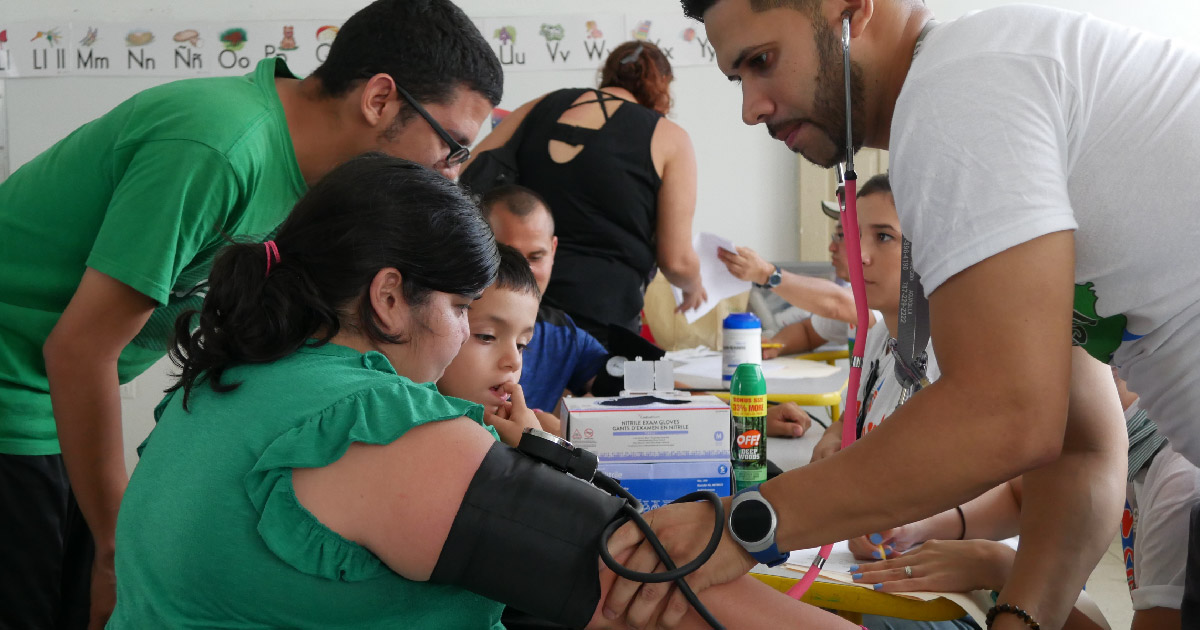
Photo by CSM
The project developed in response to requests from Puerto Rican clinicians after Maria. In April, together with the Puerto Rican Primary Care Association, MCN’s Amy Liebman, MPA, Director of Environmental and Occupational Health and Alma Galván, MHC, Senior Program Manager, facilitated continuing education events for frontline provider in Puerto Rico entitled, “Learning From the Past and Looking Ahead to the Future -- Natural Disasters and Our Patients.” We wrote about it here: Blue Tarps, Generators, and the Coqui: Puerto Rico Gives New Meaning to Resiliency.
Liebman emphasized that the project, although facilitated by MCN, is Puerto Rican-led. “They have the expertise on the ground,” she said. “We developed this project in close coordination with our partners in Puerto Rico, in response to requests from frontline clinicians after Hurricane Maria. With Marysel at the helm, we are confident that this Puerto Rican-led effort will further fortify the amazing resiliency that health centers have shown in the event of another disaster.”
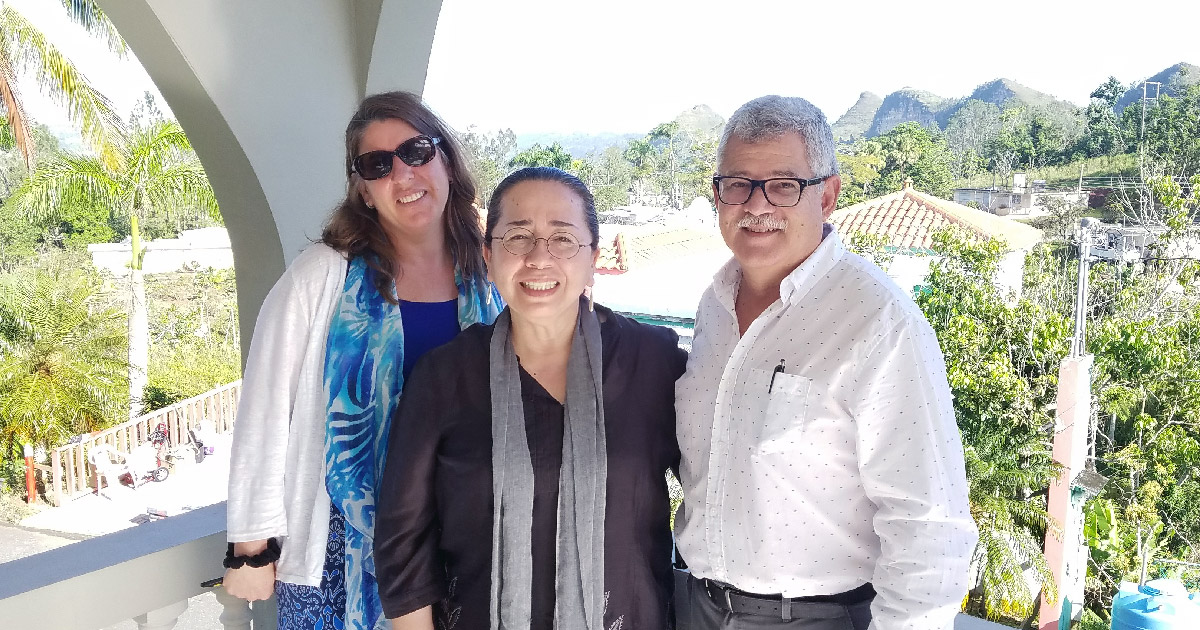
MCN's Amy Liebman & Alma Galván with Dr. José Rodríguez, Medical Director at Hospital General Castañer, Puerto Rico.
“We’re going to reinforce what they have, give the community the capacity to prepare and manage disasters and emergencies with the resources that they already have, instead of relying on federal agencies’ responses, which was a major problem after Maria,” Pagán-Santana added. “We’re there to help facilitate, help [health centers] identify their resources, what they have and don’t have, to build a stronger network between them.”
The project, supported by the Bristol-Myers Squibb foundation, will launch with two health centers with which MCN already has close ties. Hospital General Castañer and Corporación de Servicios Médicos have partnered with MCN before on several initiatives and programs, on topics including environmental and occupational health, Zika, and cost of care. Now, the two community health centers will lead the way in this new effort. After the initial pilot year, the project will launch in additional health centers.
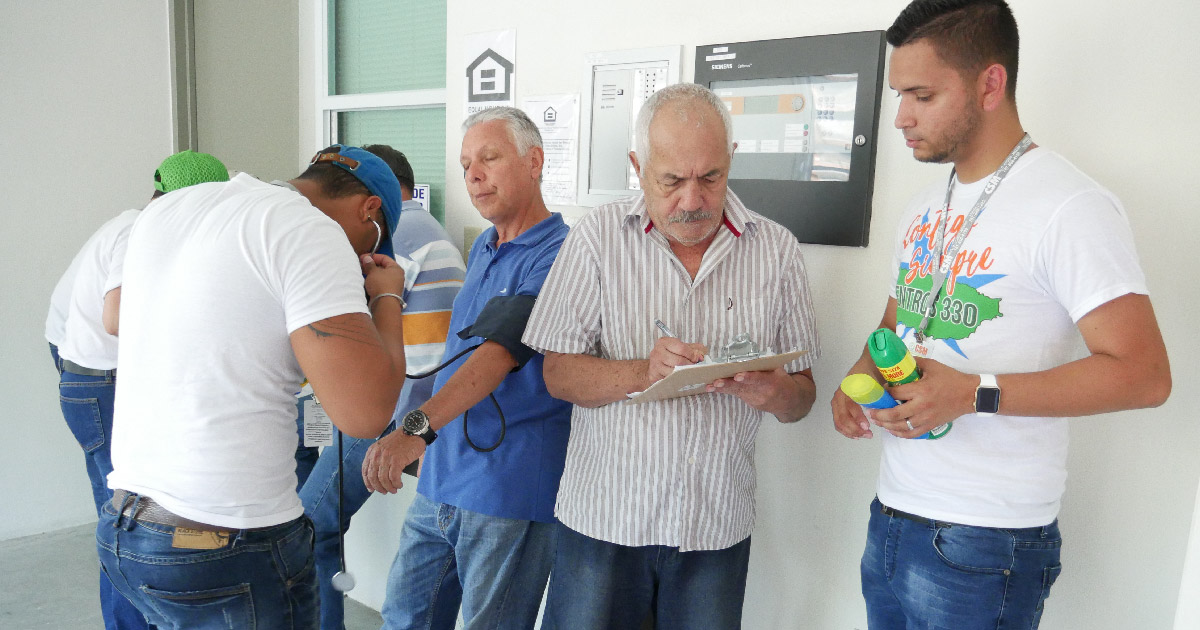
Photo by CSM
“All of us at the the community health centers, even with multiple limitations, were the first responders to the areas affected by Hurricane Maria, offering first aid and physical and emotional health care. The centers proudly gave services, thinking only about the wellbeing of our people. As a Puerto Rican, I was so thankful to receive the heart-felt responses of smiles and thanks yous.” said Dr. José Rodríguez, MCN’s Senior Medical Advisor for Puerto Rico and Medical Director at Hospital General Castañer. “However, I realize that we need to train and mobilize our community so they work as as team when a disaster strikes.”
The community mobilization model, says Galván, is not just an innovative, ground-up model; it’s effective. “Community mobilization is a key strategy to connect the community with health systems and institutions. This model has be very successful in other countries with other health issues,” emphasized Galván. “And it’s effective and sustainable because it empowers the community with knowledge, resources and strategies so that they can respond in an organized way to any health issue that they face. In this case the innovation is that MCN will implement this model in emergency disaster preparedness.”
Here are a few resources to help clinicians after a major storm event -- or in preparation for the next one.
From Migrant Clinicians Network:
“Disasters, Mental Health, and Puerto Rico: Interview with Dr. Lorena Torres,” from the summer issue of Streamline.
“After the Storm: Lessons Learned on Worker Health & Safety During Storm Disaster Cleanup,” MCN’s archived webinar.
Emergency Preparedness, Response, and Recovery webpage has a comprehensive list of resources.
From the Occupational Safety and Health Administration (OSHA):
OSHA Hurricane Preparedness, Response, and Recovery
OSHA Flood Preparedness, Response, and Recovery
Keeping Workers Safe during Hurricane Cleanup and Recovery Fact Sheet in English and Spanish.
Disaster Cleanup and Recovery PPE Matrix in English and Spanish.
From Centers for Disease Control and Prevention (CDC):
National Preparedness Month webpage
Medical Management and Patient Advisement After a Disaster
Clean Up Safely After a Disaster Factsheet
From the American Public Health Association (APHA):
Keeping Food and Water Safe in an Emergency Situation
Like what you see? Amplify our collective voice with a contribution.
Got some good news to share? Contact us on our social media pages above.
Return to the main blog page or sign up for blog updates here.
- Log in to post comments
